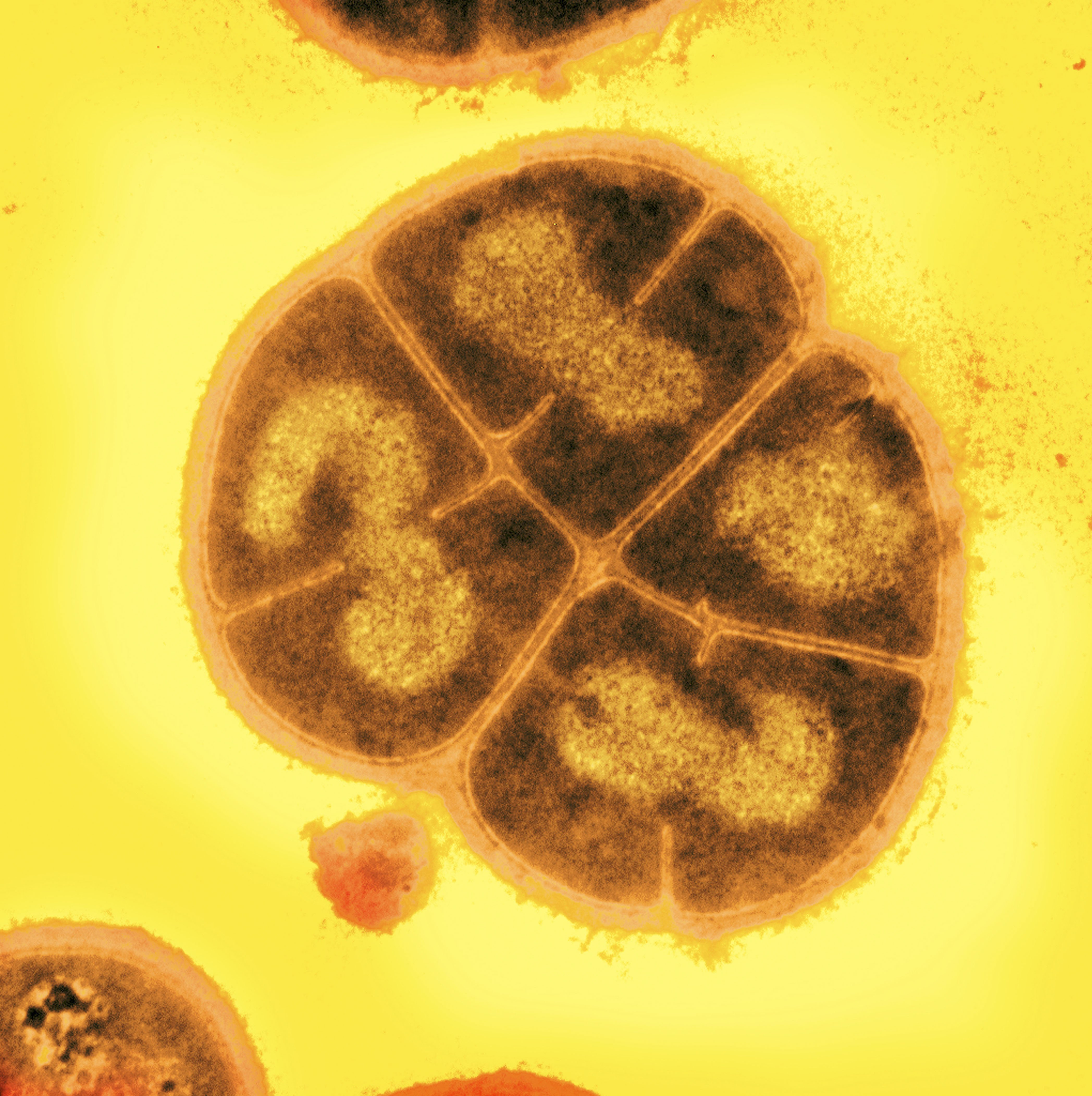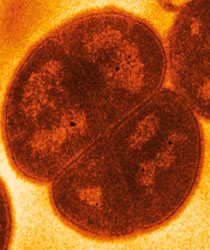Ionizing Radiation Resistance in Deinococcus Radiodurans
Por um escritor misterioso
Descrição
The general characteristics and ionizing radiation resistance mechanisms of D. radiodurans are reviewed and discussed in this paper. Deinococcus radiodurans is unmatched among all known species in its ability to resist ionizing radiation and other DNA-damaging factors. It is considered a model organism in the study of DNA damage and repair. Treatment of D. radiodurans with an acute dose of 5,000 Gy of ionizing radiation with almost no loss of viability, and an acute dose of 15,000 Gy with 37% viability. The extreme radiation resistance of this bacterium is due to efficient DNA repair capacity, high antioxidant activities, and unique cell structure. Based on the latest findings, the general characteristics and ionizing radiation resistance mechanisms of D. radiodurans are reviewed and discussed in this paper.
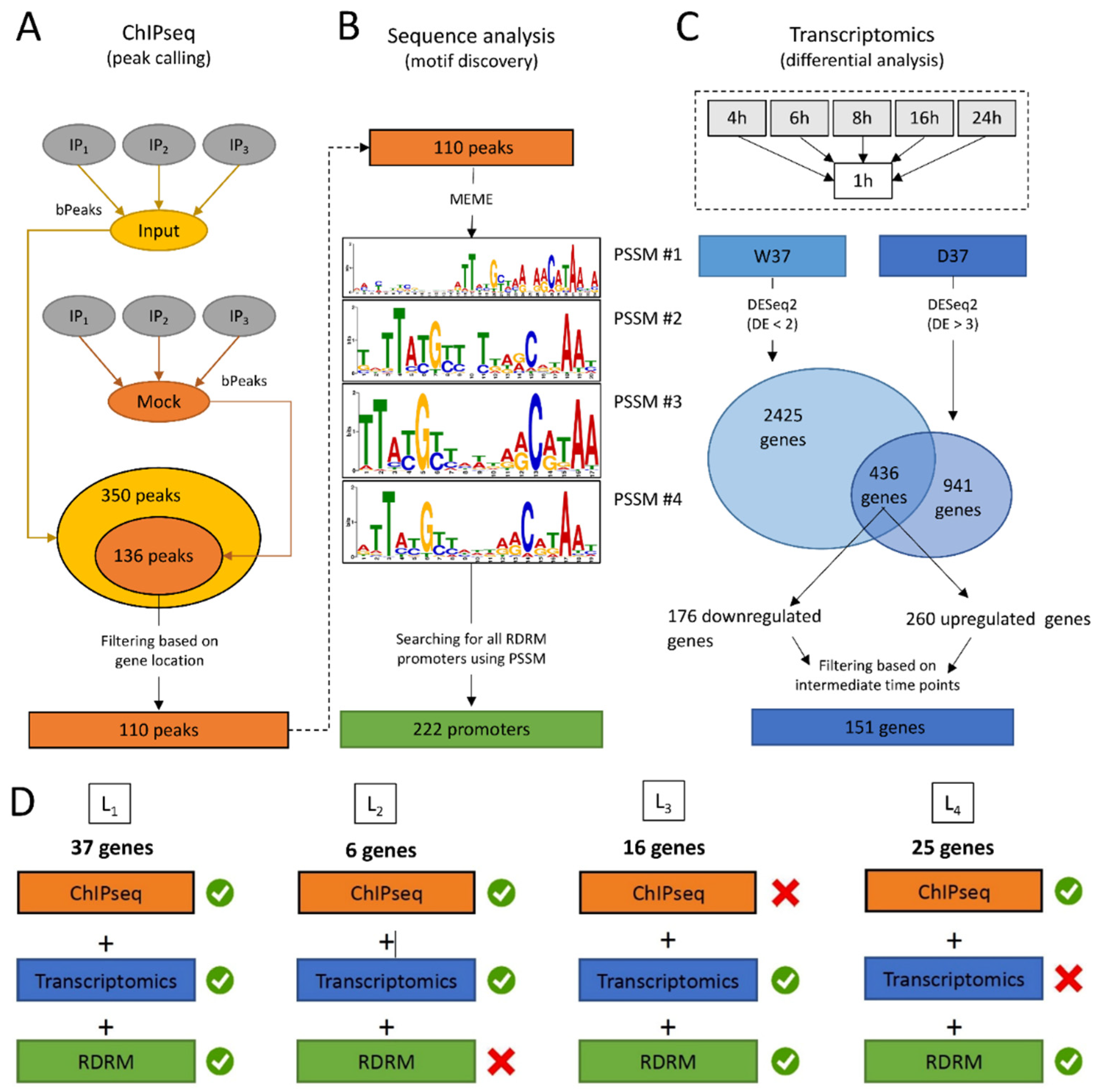
Cells, Free Full-Text
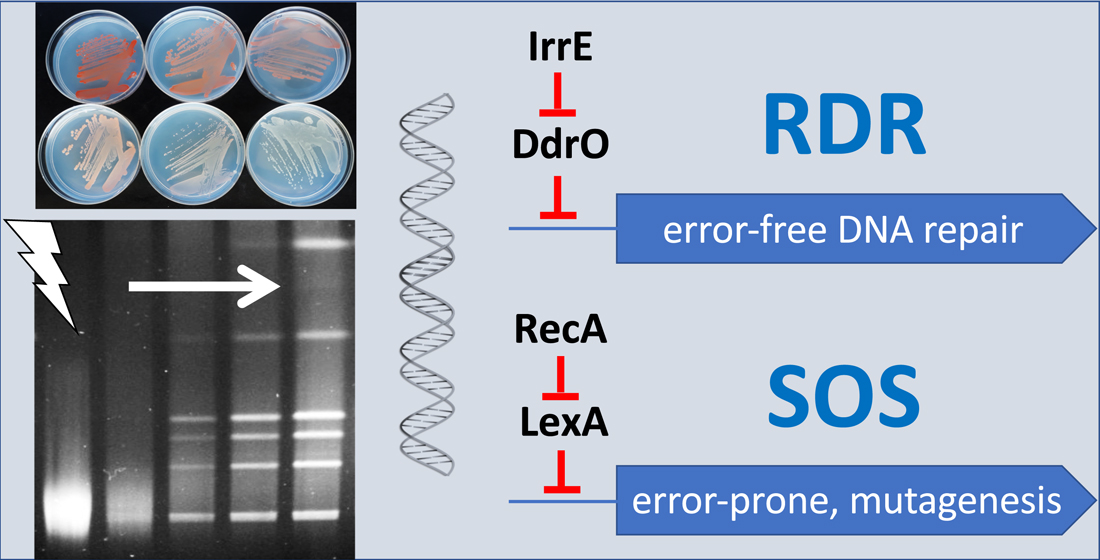
Cells, Free Full-Text
Ancient bacteria might lurk beneath Mars' sur
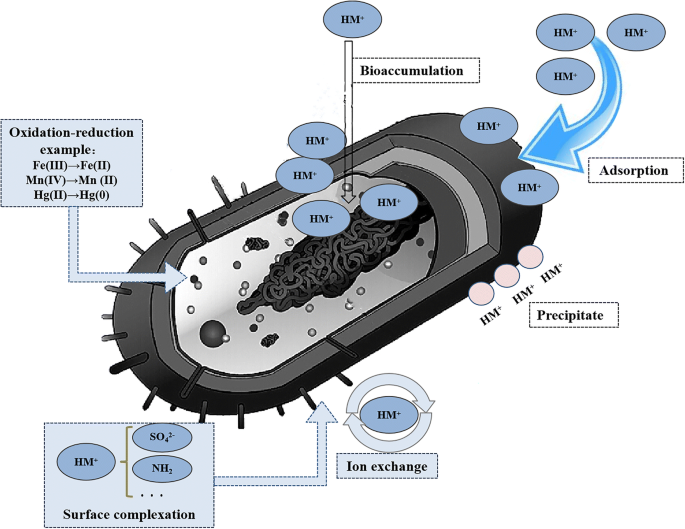
The diversity and commonalities of the radiation-resistance

Main components of the TCA cycle in Deinococcus radiodurans

The scientific revolution that unraveled the astonishing DNA
Small-Molecule Antioxidant Proteome-Shields in Deinococcus

Deinococcus radiodurans: Radiation resistance – The Microbial
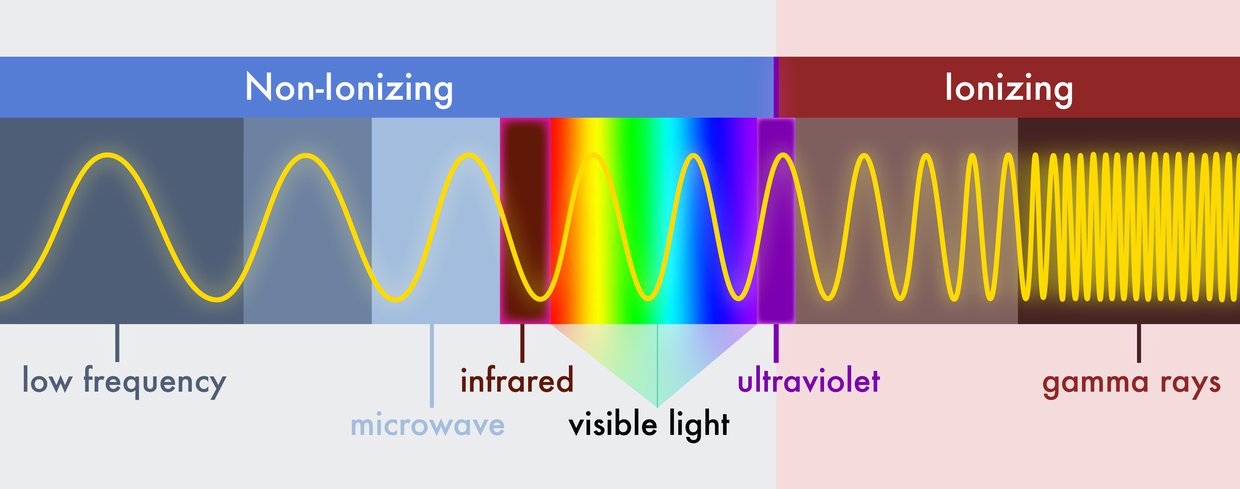
Life in the Extreme: Radiation, News

Ionizing Radiation Resistance in Deinococcus Radiodurans

The structured organization of Deinococcus radiodurans' cell
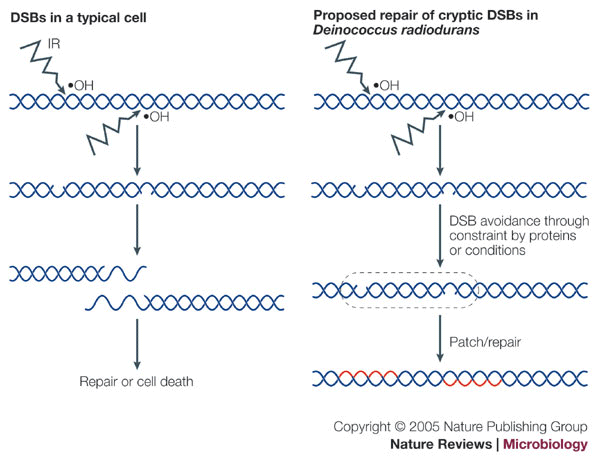
Deinococcus radiodurans — the consummate survivor

Accumulation of Mn(II) in Deinococcus radiodurans Facilitates

PDF] Physiological and molecular basis of extreme radioresistance
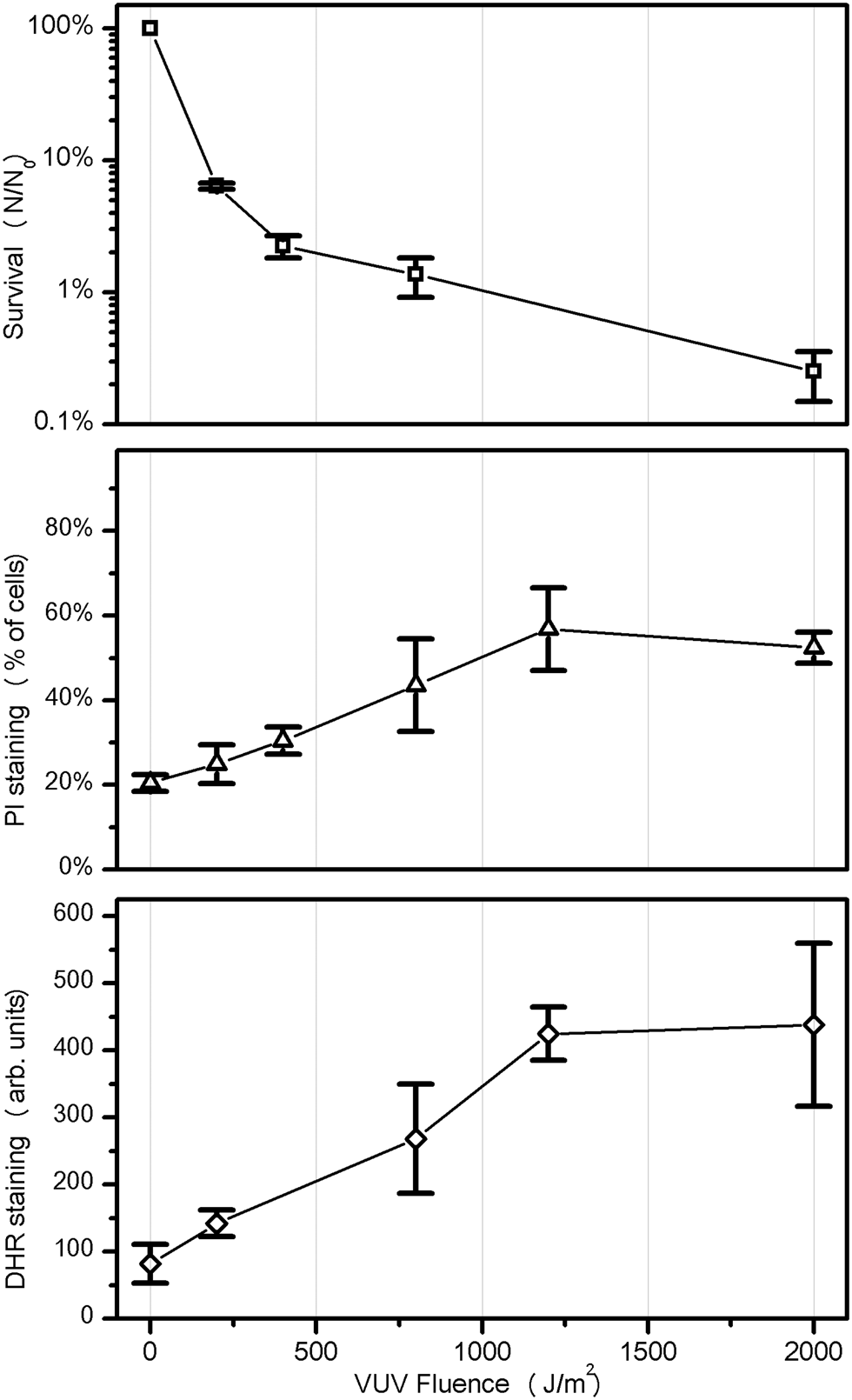
Probing the response of Deinococcus radiodurans exposed to
de
por adulto (o preço varia de acordo com o tamanho do grupo)
